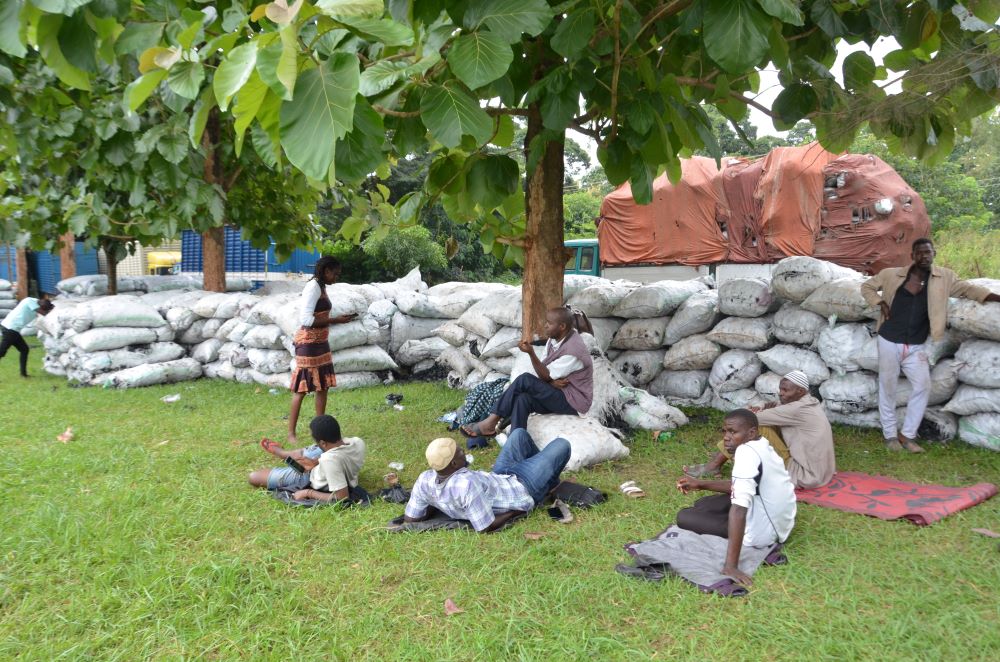Economists and business leaders are advocating for tangible steps towards transitioning from traditional energy sources, such as charcoal and firewood, to cleaner alternatives like cooking gas, biogas, and electricity. This shift is seen as crucial for promoting environmental sustainability and ensuring the well-being of current and future generations.
Dr. Sam Mugume, Assistant Commissioner of the Macro-Economic Department at the Ministry of Finance, emphasized the importance of green financing in supporting investments for sustainable development. Speaking at a policy dialogue on green financing organized by the Environment for Development Initiative at Makerere University, Mugume highlighted the need for practical action in achieving a cleaner and more sustainable energy landscape.
The policy dialogue, held at the Sheraton Hotel in Kampala on December 20th, 2023, focused on the theme ‘Green Financing in Uganda: From Paper to Practice.’ Mugume proposed practical approaches, such as schools using biogas for cooking, to facilitate the transition away from traditional fuels. He urged commercial banks to provide ‘green funds’ at low interest rates and emphasized the role of the climate finance unit at the Ministry of Finance in mobilizing resources for green initiatives.
Dr. Edward Bbaale, Director of the Environment for Development Centre at Makerere University, pointed out the need for financing to implement green infrastructure projects, such as walkways and bicycle paths. Bbaale highlighted the misconception that bicycle riding is associated with poverty, emphasizing that embracing green practices can lead to opportunities in employment, energy, food production, and infrastructure development.
Professor Eria Hisali, Principal of the School of Economics at Makerere University, emphasized the importance of achieving low carbon outcomes with high economic growth rates in an environmentally friendly manner. Hisali raised critical questions about the sources of economic growth, potential disruptions during the transition, and the role of green financing instruments like green bonds.
Dr. Peter Babyenda, Policy Engagement Specialist for the Inclusive Green Economy Program at EfD-Mak, stressed the urgency of transitioning to green growth to mitigate the effects of water loss and climate change. Allan Ssenyondwa, Manager of Policy and Advocacy at the Uganda Manufacturers Association, called for collaboration between the private sector, academia, and government to promote consistent narratives on green financing.
Ezra Muhumuza, Executive Director of the Uganda Manufacturers Association, raised concerns about the focus on climate financing discussions without corresponding climate action. He emphasized the need for models to demonstrate the benefits of engaging in green financing, questioning the allocation of resources for training experts in a field with existing expertise.




















